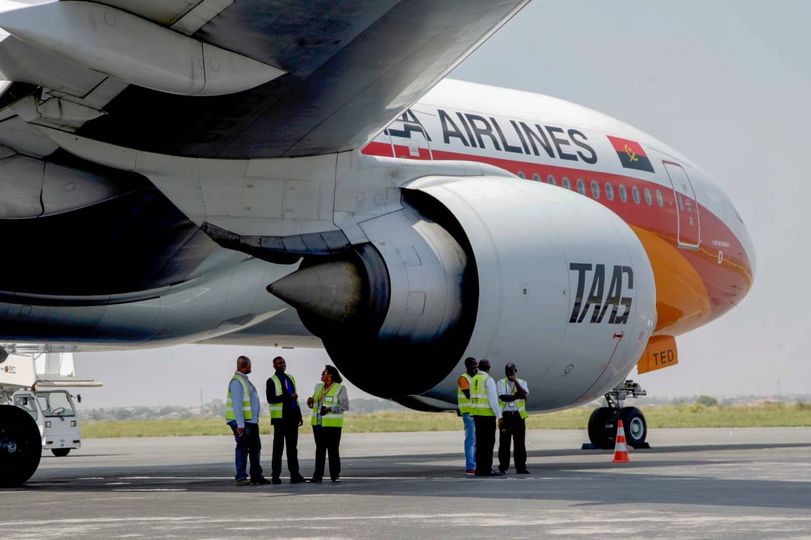
The Angolan civil aviation sector should undergo an audit by the International Civil Aviation Organization (ICAO), in order to assess the implemented reforms and clarify its position in the ranking of African countries that comply with international standards.
The information was revealed by the Minister of Transport, Ricardo de Abreu, at the opening of the 14th Consultative Council of the Ministry, where he stressed that the country will get this approval and come out of the ballot successfully.
"This audit will also serve as a barometer of what we have been doing and as proof of the implemented reforms, and clarify Angola's position as an African country at the highest level of compliance with the rules of the International Civil Aviation Organization”, He explained.
The 14th Consultative Council of the Ministry, which took place in the province of Namibe, revealed that the work was centered on the planned budget and on the budget executed in the last five years, on public investments and concessions, on the digital transformation of the sector and the transition from public institutes to agencies and authorities, as well as the creation of the National Land Transport Agency and the Regulatory Agency for Cargo and Logistics Certification.
The event also addressed issues related to the creation of the National Institute for Investigation and Prevention of Transport Accidents, the National Maritime Agency, the National Civil Aviation Authority, and the creation of the Social Fund for the Transport sector, as well as subjects related to the strategies of the training and professional qualification academies, and the Social Responsibility Plan and the sustainability of the sector and its major players.
BUT: TAAG is recruiting aeronautical engineers and mathematicians at national universities
The Minister also reiterated that there are challenges to complete and overcome, namely the adequacy and modernization of infrastructures for productive development, increasing the level of competition and integration of regional and global chains, reducing the shortage of qualified human capital and strengthening policies to promote favorable business environment.
Challenges include attracting investment, companies' functionality and taxation, increasing qualified professionals to boost competitiveness and aligning human capital qualification with companies' demand in this new scenario.
"We carried out an extensive set of structural reforms, namely the creation of a new architecture of regulatory bodies, which now allow the State to focus on its role as supervisor, regulator, inspector and defender of a true market economy, and promote strong participation from the private sector, because strong regulators make strong sectors and it is up to the referee to dictate the rules of the game”, added Ricardo de Abreu.
As for the scope of the retrospective, the Minister spoke of updating and revising the sector's legislative and regulatory package, highlighting the laws on Civil Aviation, Merchant Marine, Ports and Related Activities, the Basic Law for Airport Concessions, the Global Strategy for Airport System, the Strategy of the National Network of Logistics Platforms, among others.


![[Angola Startup Summit] 2024 Edition with reduction of startups](https://www.menosfios.com/wp-content/uploads/2024/04/Imagem-do-WhatsApp-de-2023-04-27-as-10.44.31-1-218x150.jpg)




